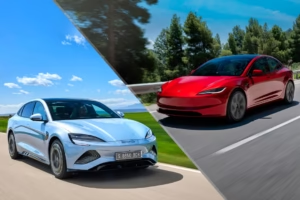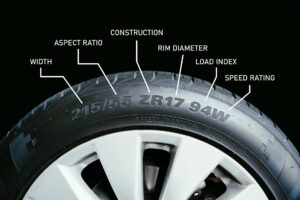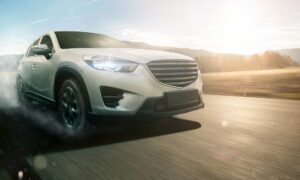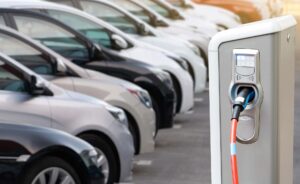As fuel prices rise and environmental concerns grow, many drivers wonder, are hybrid cars worth it? Hybrid vehicles promise better fuel efficiency and lower emissions, but they also come with higher upfront costs. In this post, we’ll explore the benefits and drawbacks of hybrid cars, helping you determine if the investment aligns with your lifestyle, budget, and driving needs. Whether you’re prioritizing savings at the pump or reducing your carbon footprint, this guide has the answers you need.
Yes, hybrid cars are worth it for many drivers who want to save on fuel costs and reduce emissions. However, their higher upfront price may not be ideal for everyone. They’re best suited for those who drive frequently, prioritize eco-friendliness, and plan to keep the car long enough to offset the initial investment.
What Are Hybrid Cars and How Do They Work?
Hybrid cars combine a gasoline engine with an electric motor to optimize fuel efficiency and reduce emissions. Unlike traditional gas-only vehicles, hybrids use regenerative braking to charge their batteries, improving overall performance.
When comparing hybrid vs. gas or even hybrid vs. electric vs. gas, hybrids strike a balance between cost-effectiveness and eco-friendliness. If you’re wondering, do hybrids save money? The answer often depends on your driving habits.
Popular models like the Honda CR-V Hybrid or Toyota RAV4 demonstrate how hybrids deliver excellent fuel economy while offering modern features.
Types of Hybrid Cars
Hybrid cars come in different types, each designed to meet specific driving needs. Full hybrids can operate using either the gas engine, the electric motor, or a combination of both, offering versatility and improved efficiency.
Plug-in hybrids feature larger batteries, allowing for extended electric-only driving. Mild hybrids, on the other hand, use an electric motor to assist the gas engine, enhancing performance. Among these, the most fuel-efficient hybrids tend to be full and plug-in models, which maximize energy usage.
How Hybrid Engines Save Fuel
Understanding how hybrid cars save fuel starts with their dual-engine design. These vehicles rely on regenerative braking to recharge the battery, converting kinetic energy into electricity. Unlike traditional cars, hybrids can idle or drive at low speeds using only electric power, reducing fuel consumption.
So, do hybrid cars use gas? Yes, but they use significantly less, thanks to their innovative systems. Depending on the model, the fuel that a hybrid uses can vary, but most run on standard gasoline. With a focus on efficiency, a hybrid car saves energy with its seamless transition between electric and gas power, optimizing performance for every drive.
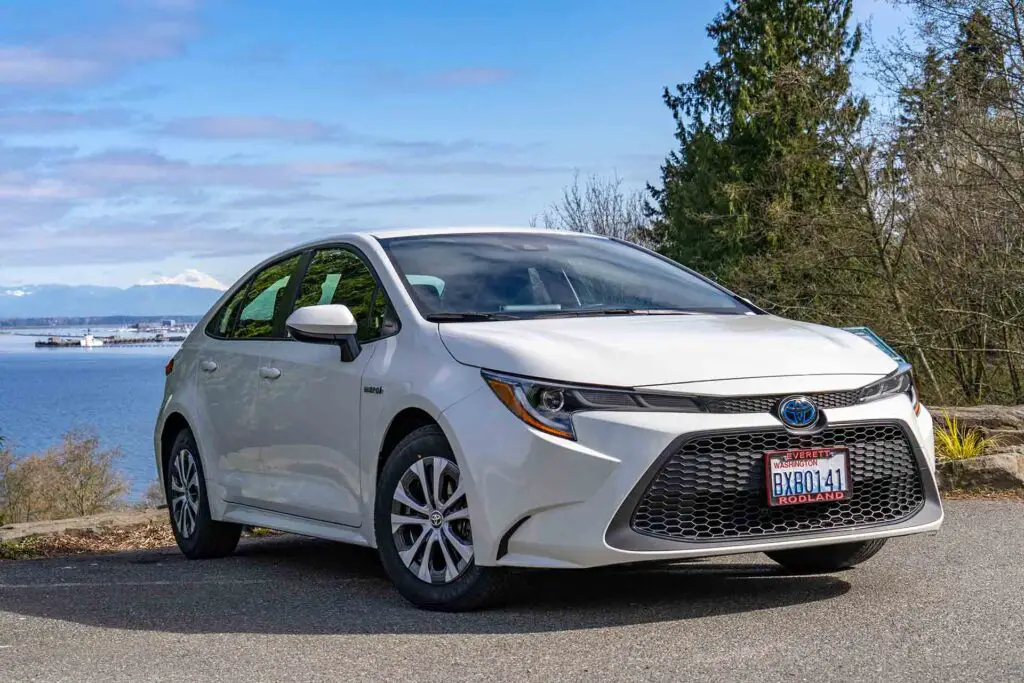
Benefits of Hybrid Cars
Hybrid cars offer numerous advantages, making them an attractive choice for many drivers. By combining a gas engine and an electric motor, they optimize energy use, which directly impacts hybrid car fuel consumption per km. This innovative system provides exceptional efficiency while reducing emissions, prompting many to ask, are hybrid cars worth it? The answer often depends on individual driving habits and priorities, but their benefits are undeniable.
Fuel Efficiency and Cost Savings
One of the standout features of hybrid vehicles is their fuel efficiency. Models with the best hybrid gas mileage can significantly lower fuel expenses over time, making them a smart financial choice. If you’re wondering, can a hybrid car run on gas only? The answer is yes. Most hybrids can switch to gas power when the battery is depleted. This flexibility ensures convenience while still saving on fuel costs.
Environmental Impact
Hybrid cars contribute to a greener environment by reducing carbon emissions. By relying on electric power for city driving and efficient energy use, they minimize their impact compared to traditional gas-powered cars. Understanding how hybrid cars work highlights their role in promoting sustainability without compromising performance.
Lower Maintenance Costs
In addition to saving on fuel, hybrid cars typically require less frequent maintenance. Their dual-engine system reduces wear and tear on the gas engine, and regenerative braking extends the life of brake pads. This combination makes hybrids a cost-effective option in the long run, enhancing their overall appeal.
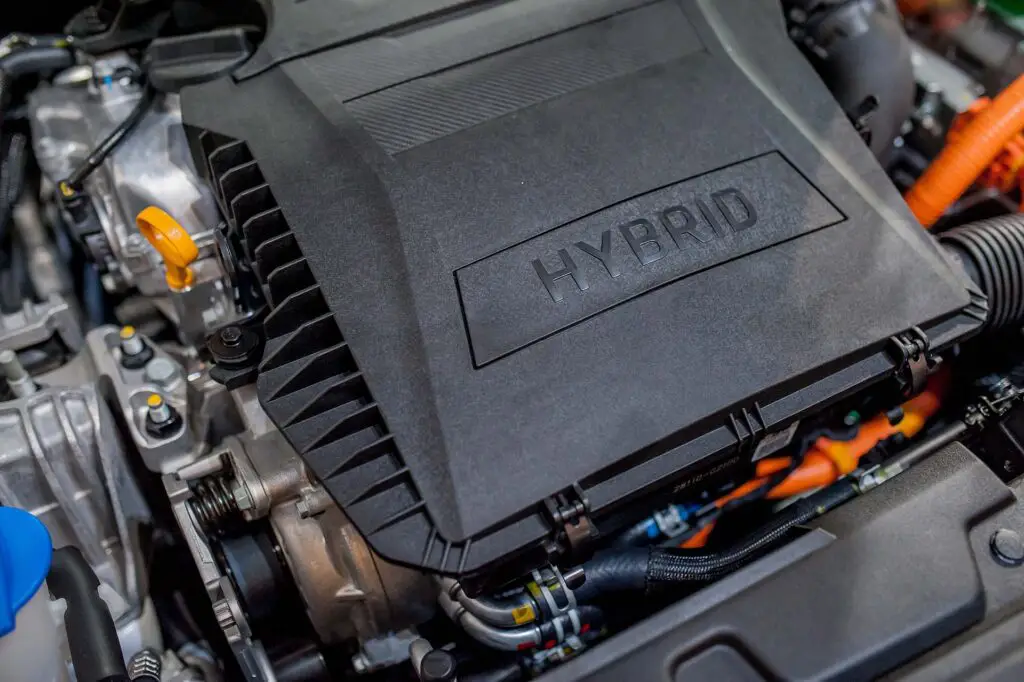
Drawbacks of Hybrid Cars
While hybrid cars offer many benefits, they also come with certain drawbacks that potential buyers should consider. From car expenses like higher upfront costs to performance differences compared to traditional vehicles, hybrids may not suit everyone. Understanding these challenges is essential to balancing the pros and cons and learning how to be a better driver when handling hybrid-specific technology.
Higher Upfront Costs
Hybrid cars typically come with a higher initial price tag compared to traditional vehicles. This is due to the advanced technology and dual-engine systems they employ. While the long-term savings on fuel and maintenance can help offset this cost, the upfront expense may deter some buyers, particularly those on a tight budget. However, for many, the benefits of fuel efficiency and environmental impact outweigh the initial financial commitment, making hybrids a worthwhile investment.
Battery Replacement Expenses
Another challenge with hybrid vehicles is the cost of battery replacement. Over time, the battery will degrade and eventually need to be replaced, which can be a significant expense. For those planning to keep their hybrid car for the long term, it’s essential to factor in this cost. Staying on top of regular maintenance and battery care can help extend its lifespan, reducing the frequency and financial burden of replacements.
Performance Compared to Gasoline Cars
When it comes to performance, hybrids may not match the power and acceleration of traditional gasoline cars. Their design prioritizes efficiency over speed, which can be noticeable for drivers used to the responsiveness of gas engines. Additionally, hybrids are often heavier due to the battery, which may affect handling. While these trade-offs are minor for most daily driving scenarios, they might not suit those seeking high-performance vehicles for specific needs like long-distance highway travel or towing.
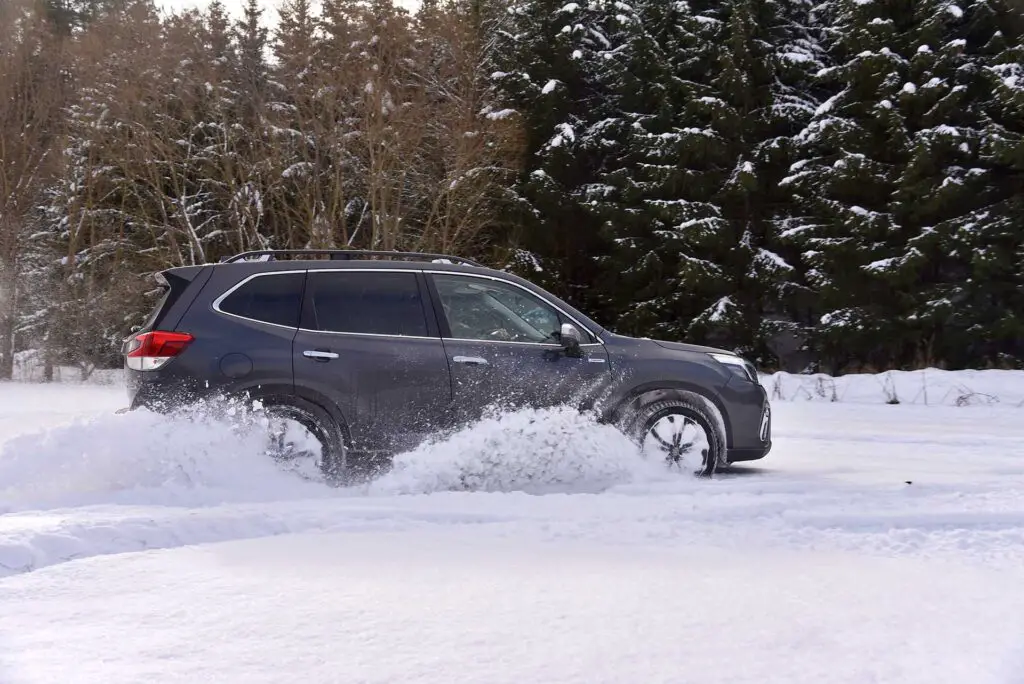
Who Should Consider Buying a Hybrid Car?
Hybrid cars aren’t the perfect fit for everyone, but they excel in specific scenarios. By reducing smoke from car exhaust and improving fuel efficiency, they’re an appealing option for drivers with particular needs. Let’s explore who benefits most from owning a hybrid.
Daily Commuters and City Drivers
For daily commuters and city drivers, hybrids are an excellent choice. Stop-and-go traffic takes a toll on traditional vehicles, increasing car expenses and fuel consumption. Hybrids, however, thrive in urban settings, utilizing electric power at low speeds to save energy and reduce emissions. They’re designed to make urban driving less stressful and more cost-effective over time.
Did you know that hybrids generally offer a combined range of 500–700 miles?
Environmentally Conscious Buyers
For those passionate about reducing their carbon footprint, hybrids provide a practical way to contribute to a cleaner environment. Beyond addressing drivers’ responsibilities to minimize pollution, hybrids consume less fuel and rely on electric power for shorter trips. Their ability to combine sustainability with convenience makes them ideal for environmentally conscious buyers looking to make a meaningful difference.
Long-Term Car Owners
Hybrid cars are also well-suited for those planning to own their vehicle for the long haul. While initial costs may be higher, their durability and efficiency pay off over time. Owners willing to invest in proper care, such as upgrading brakes or maintaining the battery, will find hybrids to be reliable and cost-effective. Additionally, hybrid cars encourage smoother driving habits, helping you be a better driver and reduce wear and tear on your vehicle.
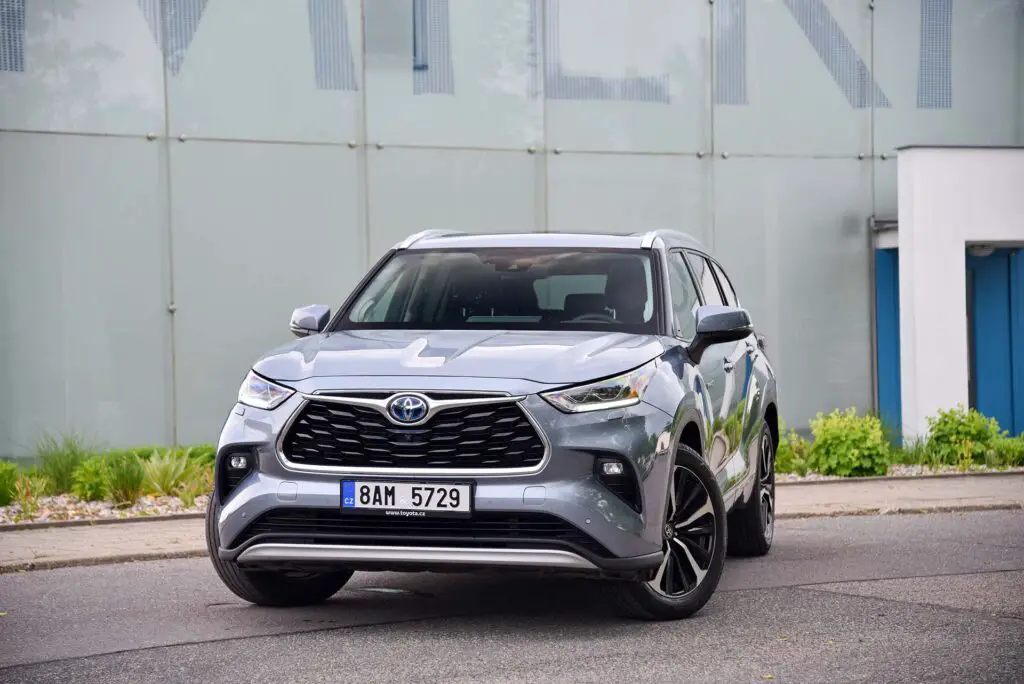
Are Hybrid Cars Worth It for Long Distance Driving?
When it comes to long-distance driving, hybrid cars have their own set of advantages and considerations. They combine the efficiency of electric power with the reliability of a gas engine, making them a compelling option for road trips. However, assessing factors and long-term expenses is crucial before making a decision.
Evaluating Your Budget and Driving Habits
Hybrid vehicles are known for their fuel efficiency, especially in city driving. For instance, the Toyota Prius, a popular hybrid model, is rated at 50 mpg in combined city and highway driving. However, on long highway trips, hybrids may not achieve the same fuel economy due to higher speeds and less regenerative braking. For example, at speeds above 55 mph, the fuel economy of midsize hybrid electric vehicles declines more evenly between 45 and 75 mph. Therefore, if your long-distance driving involves frequent high-speed travel, a hybrid may not offer significant fuel savings compared to a conventional gasoline vehicle.
Comparing Hybrid Cars to Electric and Gas Cars
When comparing hybrids to electric and gasoline cars, each has its advantages. Electric vehicles (EVs) offer zero tailpipe emissions and lower operating costs but may have limited range and longer refueling times. Gasoline cars provide longer driving ranges and faster refueling but have higher fuel costs and emissions.
Did you know that EVs typically offer a range of 150–370 miles on a full charge, depending on the model?
Hybrids aim to balance these factors by combining a gasoline engine with an electric motor, offering improved fuel efficiency and reduced emissions compared to traditional vehicles. However, hybrids may not achieve the same level of fuel efficiency as EVs in city driving and may not be as cost-effective as gasoline cars for long-distance travel.
Long-Term Savings vs. Initial Investment
While hybrids often come with a higher upfront cost, they can offer long-term savings through improved fuel efficiency and lower maintenance costs. For example, hybrid owners can expect to pay about 9% more on average for car insurance compared to a comparable gasoline model.
However, they may experience savings on maintenance due to less frequent brake replacements and other factors. Additionally, hybrids may qualify for tax incentives, further offsetting the initial investment. It’s important to consider your driving habits and the total cost of ownership over the vehicle’s lifespan to determine if a hybrid is a worthwhile investment for your long-distance driving needs.

Balancing Cost, Efficiency, and Sustainability
When deciding if a hybrid car is the right choice, it’s important to consider the balance between cost, efficiency, and sustainability. Hybrid vehicles offer impressive fuel savings and reduced emissions, making them an attractive option for environmentally conscious drivers. However, they come with a higher upfront cost, and maintenance expenses, such as battery replacement, can add up over time.
If long-term savings and eco-friendliness align with your driving habits and budget, a hybrid car can be a valuable investment. Ultimately, the decision comes down to weighing the benefits of fuel efficiency and environmental impact against the initial financial commitment and long-term ownership costs.

